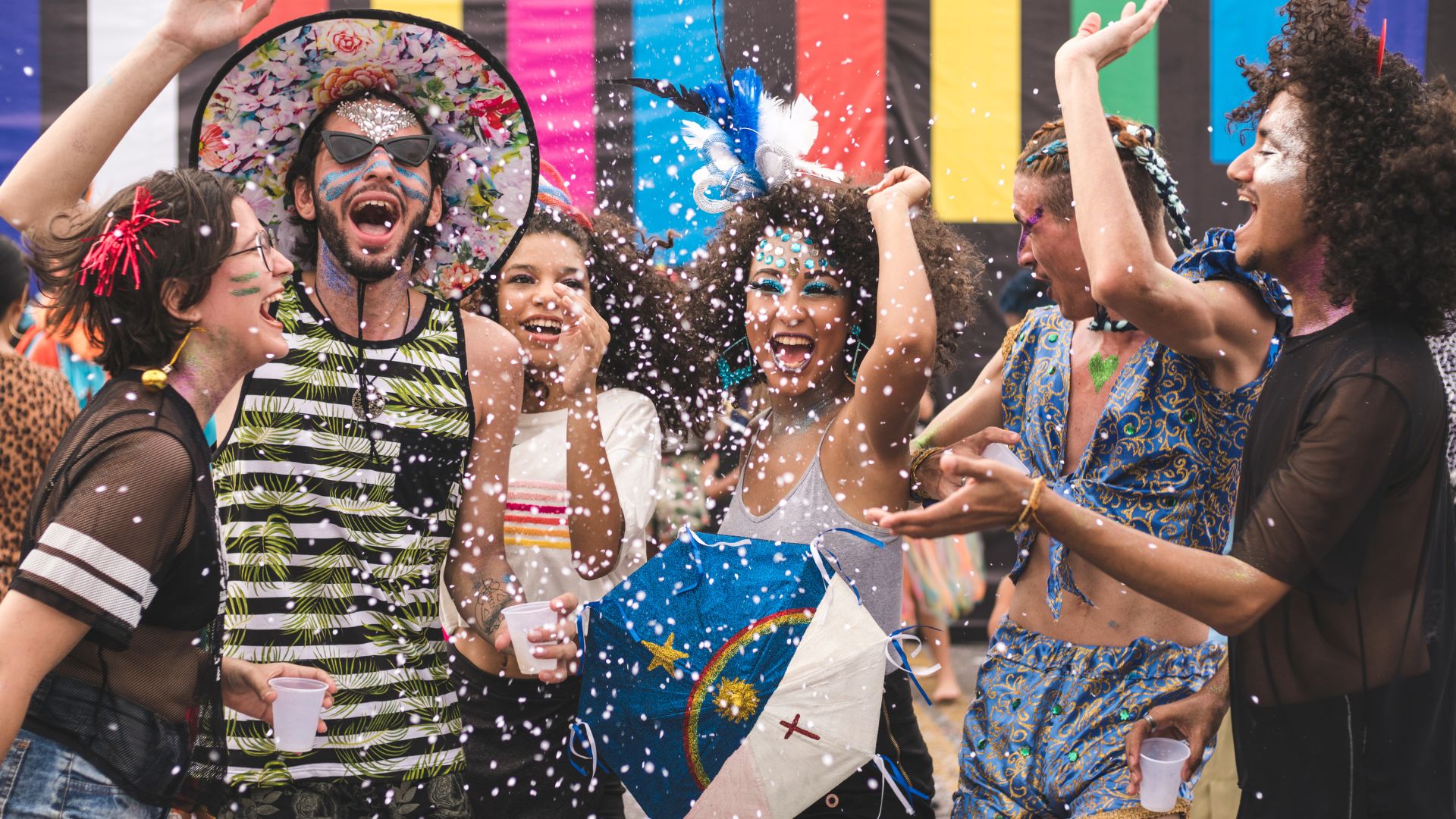- Your cart is empty
- Continue Shopping

Volunteering at Carnival: How to Contribute and Gain Experience
Rio de Janeiro Carnival is one of the largest street parties in the world, attracting millions of people and generating a huge network of cultural production. Participate as a voluntary goes beyond helping with organization: it is a way to acquire skills, network and experience Carnival from the inside out. In this guide you will discover:
- Why do it? volunteering at Carnival
- Where to find opportunities in Samba schools
- How to participate in side events and street blocks
- Professional and cultural benefits
- Application Process and Requirements
- Tips to make the most of the experience
1. Why volunteer at Rio Carnival
- Cultural immersion
- You can access rehearsals, backstage areas of floats and dancers' dressing rooms.
- Get to know the history, music and visual arts that support the Samba Schools up close.
- Skills development
- Event organization, people management, logistics and customer service.
- Teamwork under pressure, proactive stance and conflict resolution.
- Networking
- Direct contact with carnival designers, musicians, costume designers and producers.
- Possibility of future opportunities in tourism, cultural production and events.
- Certificate and CV
- Many schools and public agencies offer statement of hours and volunteer certificates.
- Add a highly visible and responsible activity to your resume.
- Personal promotion
- Explore profiles on social networks and blogs, generating exclusive “behind the scenes” content.
- Build authority in areas such as culture, tourism and event marketing.
2. Opportunities in Samba Schools
2.1 Types of volunteer activities
- Community Support Team
- Articulation of cultural workshops in the court (dance, percussion, visual arts).
- Visits to public schools and NGOs to promote projects.
- Parade production
- Assistance in assembling floats and plastic costumes.
- Painting, cutting fabrics and applying accessories in sewing workshops.
- Communication and marketing
- Management of social networks during rehearsals; production of texts and photos.
- Press service, sign language translators, guest reception.
- Logistics and infrastructure
- Stock control of materials, assembly of sound and lighting structure.
- Organization of boxes and stalls for people with special needs.
- Reception and relationship
- Volunteer registration, accreditation of members and guests.
- Guiding visitors and tourists during events on the court.
2.2 How to find vacancies in Samba Schools
- Official websites and social networks
- Visit the website of the Independent League of Samba Schools (LIESA) and the Rio city government.
- Follow the Instagram and Facebook profiles of the samba schools that interest you.
- Volunteering platforms
- Portals such as Atados, Voluntariado RJ and Hospitalidade Solidária publish specific notices for Carnival.
- Apply in advance (usually between September and December of the previous year).
- Direct contact
- Visit the school playground or participate in open rehearsals; submit your CV and cover letter.
- Talk to harmony and production directors to learn about specific needs.
- Selection indicators
- Look for vacancies that mention “Carnival 2026 volunteer” and read the availability requirements carefully.
- Choose opportunities that offer a certificate of hours or a letter of recommendation.
3. Engagement in Parallel Events and Street Blocks
3.1 Formative block festivals
- Off-Carnival Circuit
- Music festivals, craft fairs and cooking shows that take place before the official festivities.
- Volunteers work to welcome artists, provide accreditation and support the press.
- Thematic blocks
- Initiatives such as Bloco Universitário, Bloco Academia and Bloco Sustentável recruit volunteers for route planning, communication with participants and socio-environmental actions (cleaning up after the parade).
3.2 Carnival fairs and exhibitions
- Rio de Janeiro Cultures Fair
- Spaces that bring together exhibitors of costumes, props, music and gastronomy.
- Volunteers help support booths, organize workshops and collect feedback from visitors.
- Exhibition of Allegories
- Exhibitions that present models and plastic art of the cars before the parade.
- Positions for cultural mediation, explaining creative processes to the public.
4. Professional and Cultural Benefits
- Project portfolio
- Record your activities in a digital portfolio, demonstrating the range of skills acquired.
- Testimonials from carnival designers and coordinators enrich your professional profile.
- Courses and workshops
- Many schools offer workshops in percussion, costume design, choreography and graffiti.
- Take the opportunity to learn from samba masters and renowned artists.
- Network expansion
- Connections with professionals in related areas: hospitality, tourism, photography and cultural journalism.
- Possibility of partnerships in future events and invitations to cover festivals throughout Brazil.
- Media visibility
- Carnival coverage attracts journalists, influencers and TV channels.
- Well-positioned volunteers in press relations can appear in news reports, expanding their reach.
5. Application Process and Requirements
- Required documentation
- ID, CPF and proof of residence.
- Brief CV and cover letter (1 page, explaining motivations and availability).
- In the case of minors under 18 years of age, authorization from guardians.
- Schedule availability
- On-court rehearsals typically occur 2–3 times per week, starting in January; production meetings intensify in February.
- During Carnival week, there are varied shifts that include early mornings and weekends.
- Interview or group dynamics
- Some schools conduct quick interviews or group dynamics to select compatible profiles.
- Demonstrating proactivity, good communication and team spirit is essential.
- Training and reception
- After selection, there is training in safety, first aid and conduct in the party environment.
- Integration with veteran coordinators and volunteers.
6. Tips to Make the Most of It
- Stay informed
- Follow school newsletters and WhatsApp groups for roster updates and extra events.
- Use the official RioCarnaval2026 app to check schedules.
- Take care of your health
- Hydrate yourself adequately; bring light snacks for periods on duty.
- Rest during breaks and eat healthy foods to maintain your energy.
- Value your achievements
- Document activities with photos and reports, always asking for permission when necessary.
- Ask for certificates and letters of recommendation at the end of the season.
- Exchange experiences
- Connect with volunteers from other schools and blocks during street parties.
- Share learnings and establish partnerships for future editions.
Furthermore, volunteering at Rio Carnival 2026 is a gateway to the world of the world’s biggest street party. In addition to contributing to the success of the event, you will develop valuable skills, make lasting connections and immerse yourself in Rio’s culture in an intense way. If you are looking for practical experience in cultural production, event marketing or simply want to experience Carnival in a different way, sign up as a volunteer and get ready for an unforgettable journey!

